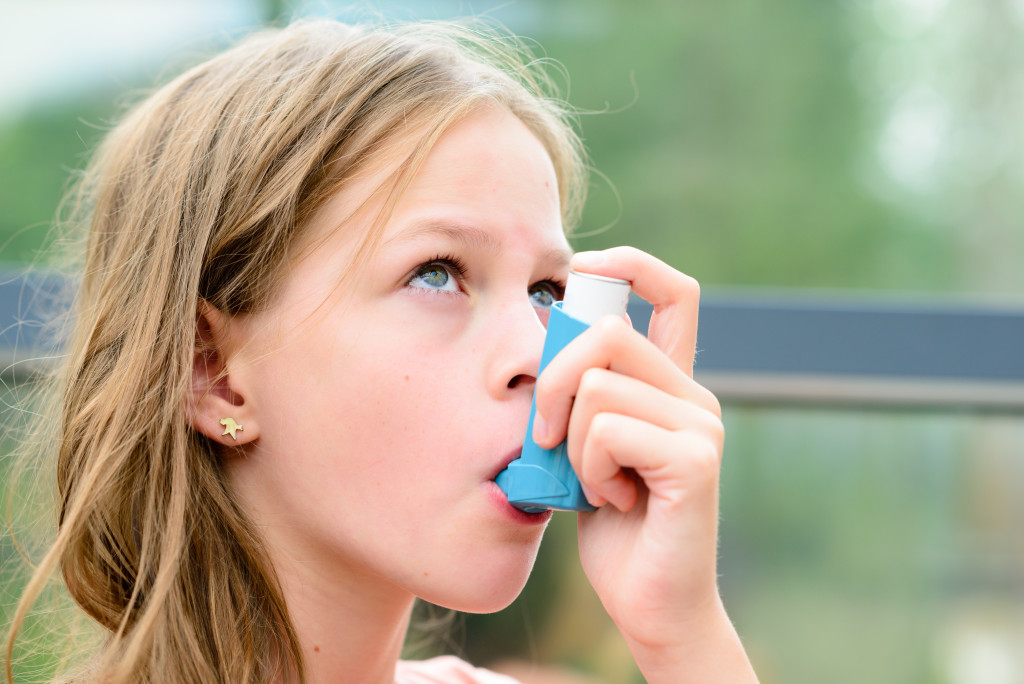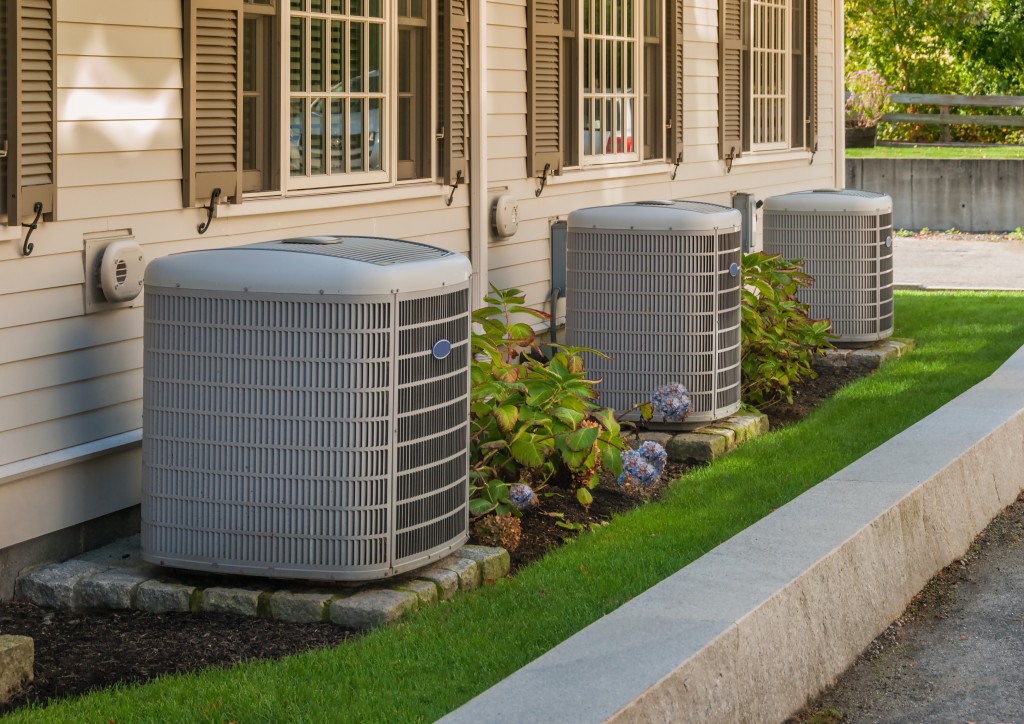If you’re in a tropical country or a state where there’s sunshine all-year-round, you have to deal with the relentless heat that comes with harsh summers. If this is your living or working situation, proper ventilation and an air-cooling system is an essential need, not a luxury.
Having one installed is easy, given the appliances available when it comes to air-cooling. It becomes a problem when your cooling system becomes faulty at home or in the office. Temperature control can go haywire if regular air-conditioning repair is not observed.
If this is the case, you have health risks. Here’s what you should bear in mind if you want to maintain the right temperature in your home or office.
Vulnerability to Colds and the Flu
The cold makes it harder for you to get rid of viruses going in your direction, according to a 2007 study from New York’s Mount Sinai Medical School. The study revealed that the mucus in our lungs gets thicker and sticky in lower temperatures. This is a problem because mucus, which cleans out the contaminants we inhale, becomes less effective when its viscosity increases. Therefore, its ability to combat airborne viruses becomes impaired.
Dehydration
Air-cooling systems can zap the moisture out from the air, which is a problem for those living in dry air conditions. If you are regularly exposed to such an environment, it can make you prone to dehydration. Also, staying in cold rooms makes you less inclined to drink liquids more often, which also adds to the possibility of getting dehydrated.
Dry and Itchy Skin
With dehydration come skin problems. If you stay in rooms that are too cold for extended periods, you might find your skin getting dry and itchy. If you have regular, non-sensitive skin, this issue can be solved by putting on moisturizers, but for those with severe skin conditions such as skin asthma or eczema, this can cause a long-term problem.
Respiratory and Cardiovascular Problems

The equation here is simple: cold indoor temperatures lead to accumulation of moisture, which results in the formation of mold in your space. Inhaling mold is bad for the lungs. You run the risk of developing or triggering asthma attacks, allergic rhinitis, bronchitis, and emphysema.
According to WHO Housing and Health Guidelines, cold air increases the risk of respiratory conditions as it inflames the lungs and inhibits circulation. Worse, it can also lead to cardiovascular effects, since cold induces vasoconstriction, which puts stress on the body’s circulatory system.
This can result in more serious conditions such as stroke, coronary heart disease, ischemic heart disease, subarachnoid hemorrhage, and even death.
Poor Quality of Sleep
Extreme temperature makes it harder to sleep better. It’s impossible to sleep well in an enclosed room with no proper ventilation — the same goes when the room is too cold. Each one of us has an ideal temperature for our body’s comfort, which is why we find ourselves experimenting with a thermostat to get the perfect temperature that’s not too hot or not too cold.
In cases where adjusting the room temperature is not possible, having a hot water bottle or electric blanket will do wonders.
Lethargy
This applies especially to office workers who are staying in offices with the air-conditioning set at very low temperatures. Employees become sluggish, thus affecting their productivity at work. This is why employees need to get out of the office from time to time and expose themselves to warmer temperatures.
Joint Pain
The cold triggers joint problems such as osteoarthritis or rheumatoid arthritis. This is why older people, who are more vulnerable to these conditions, can’t stand the cold, and we often see them wearing blankets over their lower bodies.
Javad Parvizi, a joint specialist from Thomas Jefferson University Hospital in Philadelphia, explains that a drop in barometric pressure causes ligaments and soft tissues surrounding the affected joint to swell. The swelling stimulates the nerves, which causes joint pain.
Humans need warmth to function correctly. Not only can a space that is too frigid contribute to an uncomfortable living or working situation, but it can also cause physical problems that affect you in the long run. A home or office with moderate temperatures can do wonders for your working and living conditions. Temperature maintenance will depend on your location, but keeping a comfortable indoor environment should be a priority.

